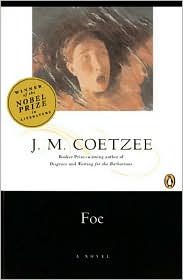
One of the books I got for my birthday was a new Persephone - Miss Buncle's Book by D. E. Stevenson. My lovely friend Lucy, who knows more about modern fiction than anyone else I know, gave it to me - so thank you Lucy! D. E. Stevenson is one of those authors whose name has been at the back of my mind, and on my shelves, for years - but never made it to actual reading. I have two or three already, but have been on the lookout for Miss Buncle's Book for quite a while, as it is reportedly Stevenson's best. The folks at Persephone Books obviously agree, and have made this hard-to-find title a lot easier to find. The premise is difficult to dislike - Barbara Buncle, a quiet, amiable lady in a quiet, amiable village decides to write a novel, and features all her neighbours in it under thinly disguised names. Luckily for her all the villagers seem to have surnames which are adjectives or nouns (Bold, King, Pretty) or with obvious associations (Fortnum/Mason; Dick/Turpin) and this all adds to the fun. The village all read the novel, and are scandalised at the accurate (and thus not always flattering) depiction of themselves - and are determined to root out the identity of 'John Smith', the alias Miss Buncle chose for herself.
A rather wonderful idea for a novel, which somehow doesn't get too complicated, Miss Buncle's Book would have been even better in the hands of Angela Thirkell, and a literary classic if E. M. Delafield had penned it. As it is, D. E. Stevenson's writing isn't quite as good as her ideas - a lot of cliches and unoriginal turns of phrase which prevent the novel from being in a higher league. Don't misunderstand me, this is better than a lot of writing out there, but Persephone so often publish those whose writing is exceptional (perhaps my recent immersing in Katherine Mansfield has spoilt me for lesser writers, which is most of 'em) that I didn't expect to have to be on cliche-watch.
Having said all that, Miss Buncle's Book is still a delight. The characters are fun and the situation very amusing. She handles it all with liveliness and a healthy dollop of whimsy, and I would certainly recommend the novel wholeheartedly - it just doesn't quite become the classic it could have been.




























